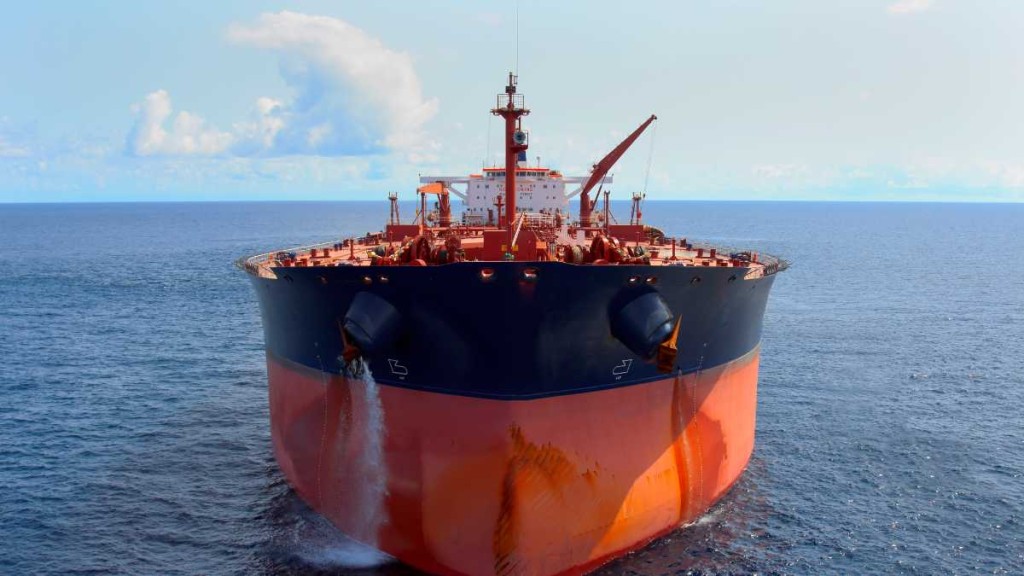The salvage operation for the MV Sounion, a Greek-owned oil tanker burning in the Red Sea, has been called off due to unsafe conditions, according to the European Union’s naval mission in the region. The tanker, which was hit by projectiles fired by Yemen’s Houthi movement on 21 August, continues to burn on its deck nearly two weeks after the attack.
The MV Sounion, carrying approximately one million barrels of crude oil, was abandoned by its crew after the assault, which included explosives being detonated onboard. This has raised concerns about a potential environmental catastrophe if the situation worsens. Despite initial reports that the Houthis had agreed to allow the vessel to be towed away, private companies attempting the salvage have now halted their efforts, citing safety risks.
The EU naval mission, which has been providing security for the tugs involved in the salvage operation, has confirmed that fires are still burning on the tanker’s main deck. While the vessel remains anchored and there are no visible signs of an oil spill, the situation remains precarious, with alternative solutions being sought to resolve the crisis.
The United States has issued warnings that an oil spill from the MV Sounion could be catastrophic, potentially four times larger than the Exxon Valdez disaster of 1989. That incident caused severe environmental damage when approximately 2,100km of coastline was contaminated off the coast of Alaska after a tanker ran aground.
The Houthis, who are supported by Iran, have repeatedly targeted commercial shipping in the Red Sea and the Gulf of Aden since November. They claim that their actions are in support of Palestinians in the ongoing conflict between Israel and Hamas. While they have frequently alleged that they are only targeting vessels connected to Israel, the US, or the UK, many of these claims have been proven false.
Despite the presence of Western warships in the region, aimed at protecting merchant vessels, the Houthis have not been deterred. US and British airstrikes on Houthi-controlled territory in Yemen, as well as Israeli retaliation through air raids on key ports like Hudaydah, have also failed to prevent further attacks.
The MV Sounion was first attacked by Houthi gunmen from small boats before being struck by three projectiles. Following the initial strike, its 25 crew members were rescued by a European warship. A second attack followed shortly after, with footage showing Houthi fighters boarding the tanker and detonating six bombs.
The ongoing violence in the Red Sea region poses significant risks to global trade and maritime safety. In recent days, the Houthis have continued to target oil tankers, including the Panama-flagged MV Blue Lagoon I and the Saudi-owned MV Amjad, the latter carrying double the oil load of the MV Sounion. Both were struck by ballistic missiles and drones, highlighting the Houthis’ continued disruption of maritime activities.
These aggressive actions have sparked widespread condemnation, with the US Central Command calling them “reckless acts of terrorism” that threaten not only civilian mariners but also the environment and global commerce. As the fires on the MV Sounion continue to burn, efforts to resolve the situation safely remain uncertain.



